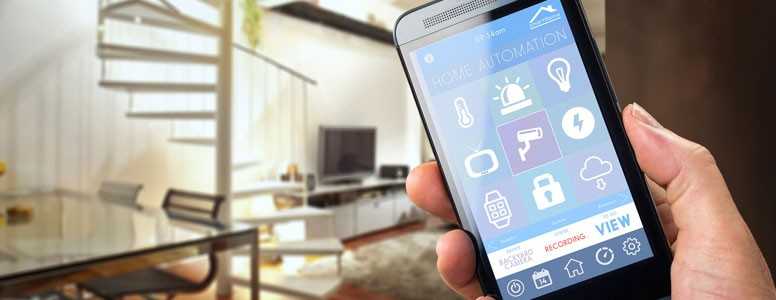Ways in which devices can help people with diabetes manage their condition are being investigated for use across the UK.
NHS England is funding research into the use of a remote analysis tool, which will allow people to manage their own diabetes care.
The NHS is looking to apply a new, flexible field of technology to health called the ‘internet of things’ (IoT). IoT is a term that describes the use of a network of different devices and items through the internet, such as apps which allow you to control your gas heating from your phone.
A consortium of 10 companies are working to drive the project forward with a view for rolling it out across the UK and further afield.
Lars Sundstrom, the director of enterprise at the West of England Academic Health Science Network (WoE AHSN), said of the programme – called NHS Test Bed – that “We have tried to design it with the user in mind right from day one. The great thing about the internet of things is it’s moving us to a place where the technology is what you might call unobtrusive.
“A lot of work […] has been done with people with diabetes, and diabetes support groups, and trying to understand from them how they would like to manage their own condition – what information they would like to have, and how they would like to interact with it. That’s been critical from day one.”
The research is currently taking place in the West of England’s test bed programme centres and is in the second quarter of a 27-month project.
It is focusing on ways to help people with diabetes manage their condition. One of the ways being explored is the use of a glucometer that is conneted to an analytics platform created by the Hewlett Packard Enterprise.
The group created a portal of sorts so that the data can be managed and made accessible to both the patient and healthcare professionals.
Sundstrom added: “With IoT, the ability to collect data all the time during your daily life is really critical. To be able to take that data and re-present it to people, so they can use that data to manage their lives in the way they would like to, is really a fundamental part of it.
“The acceptance from the medical community that self-management is something people do themselves is a particular aspect that a professional will find helpful in receiving the right information.
“In other words, when things are not progressing the way they should, there needs to be a system that sends the alert to professionals that says ‘I need to take a look at this’. But if everything is proceeding quite smoothly, then they would rather the patient manages themselves.”
The project will also look into who would most benefit from the device, with the next steps including identifying populations in which the tool will appeal the most.
What's new on the forum? ⭐️
Get our free newsletters
Stay up to date with the latest news, research and breakthroughs.







